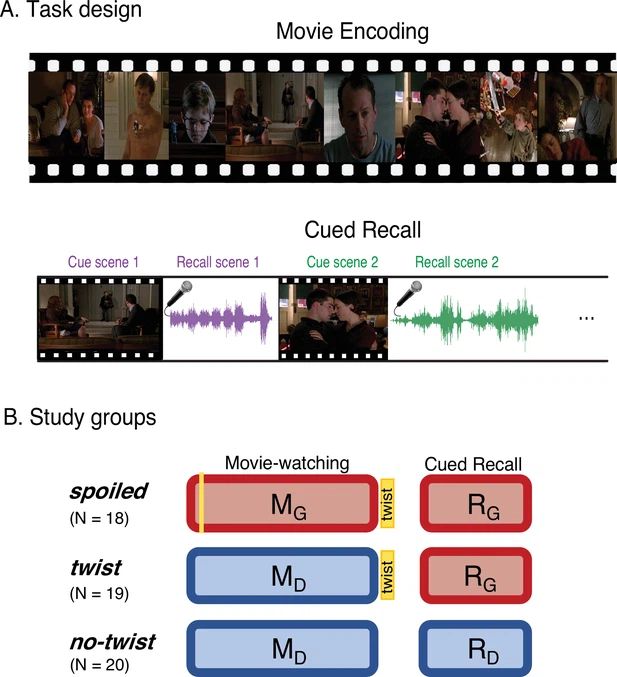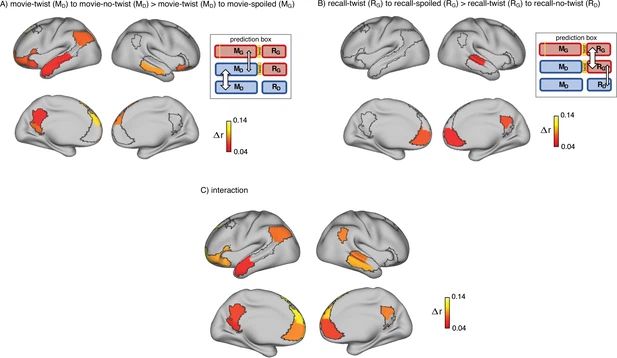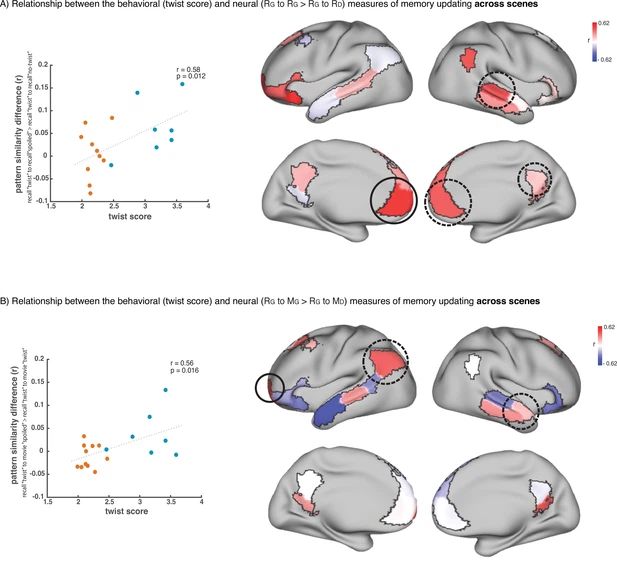Columbia University anticipates that AI will begin to exhibit thought processes in just a couple of years.
In Brief
A recent study from three universities in the US revealed that our neural understanding of natural phenomena shifts as new information about the past comes to light.
Without revisiting and updating stored information in our brain, it’s impossible to truly understand new developments and their context.
Memories of previously seen events in the brain are adjusted based on new insights, allowing for a better grasp of those events.
AI systems struggle to adapt to new information that can change previously established interpretations because they lack the ability to revise their stored memories.
Research from three American universities shows that neural patterns reflecting our understanding of past events can change as we gain more information about those events. according to a recent study This study stands out due to its innovative approach and goal: to examine how the brain reshapes our interpretations of past events when presented with new data, by studying neural representation changes.

The researchers analyzed the acclaimed supernatural thriller, ‘The Sixth Sense,’ which tells the story of a boy who sees ghosts and a doctor trying to assist him. Various groups were given differing additional details about the characters to see how their interpretations varied.
| Related article: The U.S. education sector is in urgent need of around 300,000 teachers, and tools like ChatGPT could provide the much-needed support in the classroom. |
Here are the hypotheses proposed by the researchers:
- As viewers watch the film, their episodic memory captures details about the plot, characters, and events, influenced by their personal experiences.
- The finale revelation that the doctor is a ghost should significantly alter the audience's earlier understandings of the narrative.
- Incorporating this new information into their memory helps refresh their previous interpretations of the film.

American researchers A similar investigation was conducted into the neural representations within the 'Default Brain Network.' This network is engaged when processing intricate stimuli like films or audio narratives. This system has longer 'receptive time windows' where accumulated high-level information can be integrated for deeper comprehension.
Understanding is a global cognitive function that involves taking in new information, adjusting personal beliefs, and modifying those beliefs as new insights come to light. Essentially, this means understanding requires looking back at previously stored information in light of fresh developments.
The findings validated the researchers' hypothesis that memories are flexible and can be restructured to accommodate new insights, which alters our understanding of past events.

| Related article: New York schools have banned ChatGPT, with more districts across the U.S. expected to follow suit. |
A significant takeaway for developing ‘understanding AI’ is that the limitations of current AI understanding dampen the excitement surrounding these systems. Despite the breakthroughs achieved by advanced AI technologies, they are still fundamentally devoid of real comprehension, functioning instead by predicting the most statistically likely subsequent words. .
There’s a notable link between our measure of behavioral memory adaptation (twist score) and how memory updates are reflected in neural patterns across different scenes.

AI systems struggle to adapt to new information that can change previously established interpretations because they lack the ability to revise their stored memories.
Consequently, we could witness a real advancement in AI understanding within a two-year time frame.
You.com has introduced an innovative AI chatbot, showcasing how real-time web access can enhance the capabilities of ChatGPT-like systems.
Read more about AI:
- OpenAI's CEO argues for adapting the education system to incorporate ChatGPT rather than imposing bans on it.
- ChatGPT passes the Wharton MBA exam
- Please remember, any information shared on this platform is not meant to serve as legal, financial, or investment advice. It's crucial only to invest what you can afford to lose and to seek independent financial advice if unsure. For further guidance, we recommend checking the terms and conditions and the help sections provided by the issuer or advertiser. MetaversePost is dedicated to delivering accurate, unbiased news, but market conditions can change unexpectedly.
Disclaimer
In line with the Trust Project guidelines Damir leads the team and serves as the product manager and editor at Metaverse Post, focusing on AI/ML, AGI, large language models, the Metaverse, and Web3. His compelling articles draw over a million readers monthly. With a decade of experience in SEO and digital marketing, he has authored pieces featured in Mashable, Wired, Cointelegraph, The New Yorker, Inside.com, Entrepreneur, BeInCrypto, and more. He travels as a digital nomad between locations like the UAE, Turkey, Russia, and the CIS. Damir holds a bachelor’s degree in physics, which, he believes, has equipped him with critical thinking skills vital for navigating the fast-evolving digital landscape.







